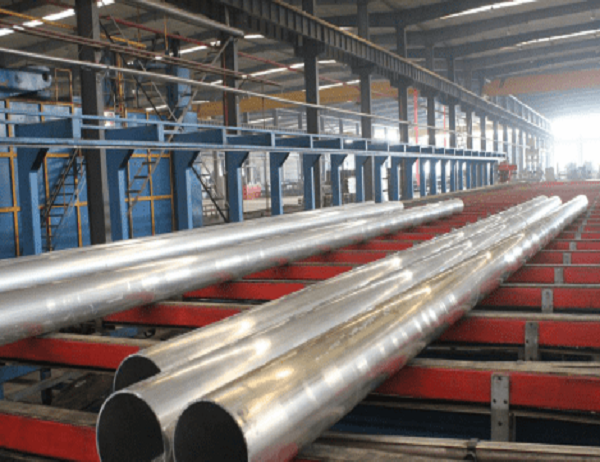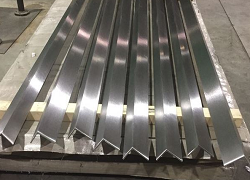Aluminum Frames: The Silent Guardian of Solar Panel Efficiency
In the realm of renewable energy, where efficiency reigns supreme, the unsung hero of solar panel performance often goes unnoticed: the aluminum frame. This inconspicuous component plays a pivotal role in maximizing the electricity yield of solar panels, ensuring their longevity and reliability.
Enhancing Panel Rigidity
Aluminum frames provide structural support to solar panels, preventing them from bending or warping under mechanical stress. This rigidity is crucial for maintaining optimal cell alignment and ensuring maximum light absorption. In extreme weather conditions, such as high winds or heavy snowfall, the robust frame acts as a protective shield, preventing damage to the delicate photovoltaic cells.
Ensuring Electrical Stability
The aluminum frame acts as an electrical conduit, facilitating the flow of current between the individual photovoltaic cells. It helps maintain a uniform electrical potential across the panel, minimizing energy losses due to resistance and ensuring efficient power generation. Proper electrical contact at the frame-cell interface is essential for maximizing power output and preventing performance degradation.
Facilitating Thermal Management
Aluminum’s high thermal conductivity enables efficient heat dissipation from the solar panel. This is vital for preventing excessive temperatures, which can reduce cell efficiency and shorten panel lifespan. The frame acts as a heat sink, transferring thermal energy away from the active cell area and into the ambient environment. Proper thermal management helps maintain panel efficiency over a wide range of operating temperatures.
Corrosion Resistance and Durability
Aluminum’s inherent corrosion resistance ensures longevity in challenging outdoor environments. It is impervious to moisture, salt spray, and UV radiation, protecting the panel from degradation. The durable frame provides protection against weathering, ensuring reliable performance even in harsh climates. This durability contributes to the long-term value and investment return of solar panel systems.
Design Versatility and Customization
Aluminum frames offer design flexibility and customization options. They can be easily cut, shaped, and fabricated to accommodate different panel dimensions, mounting requirements, and aesthetic preferences. This versatility allows solar installers to tailor their designs to specific project needs, maximizing space utilization and optimizing performance.
Conclusion
The aluminum frame is an indispensable component of solar panel systems, playing a critical role in enhancing panel efficiency, stability, durability, and versatility. Its presence may not be conspicuous, but its contribution to the successful generation of clean, renewable energy is undeniable. By understanding the integral role of aluminum frames, we can appreciate the intricate engineering behind solar panels and their ability to revolutionize our energy future.



